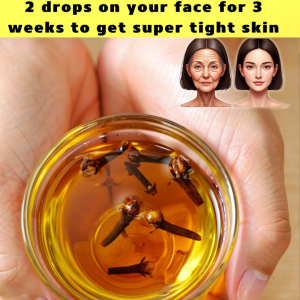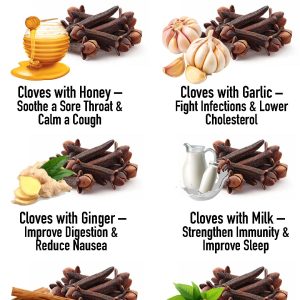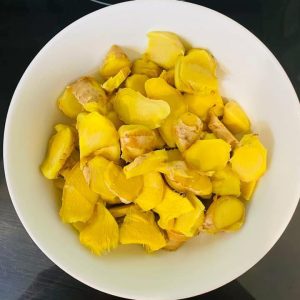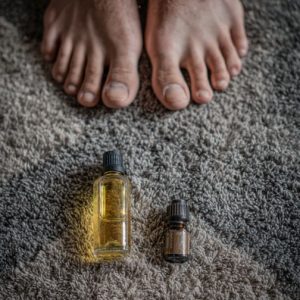Summer brings sunshine and adventure — but it also raises the chance of running into snakes, especially in rural or wooded areas. While snakebites are rare, they can be dangerous when medical help isn’t nearby. Dr. Pavel Volchkov, an immunologist, says the best protection is prevention.
How to Avoid a Snake Encounter

- Stick to clear trails; avoid tall grass and moving rocks.
- Wear closed-toe shoes with thick soles.
- If you spot a snake, don’t panic. Back away slowly.
- Never touch or try to catch it — even if it looks dead.
- Use a walking stick to probe through dense brush.
- Watch kids and pets closely outdoors.
- Always carry a flashlight when walking at night.
Should You Bring a First Aid Kit?

Yes — always. While antivenom is only available at hospitals, you should pack:
- Antiseptics (alcohol, chlorhexidine, etc.)
- Sterile gauze and bandages
- Flashlight, whistle, and a charged phone
- Small knife (for general survival use)
What If You’re Bitten?
- Stay calm. Fear makes venom spread faster.
- Don’t move the bitten area — keep it still.
- Don’t run, don’t apply a tourniquet.
- Clean the wound and cover it with clean gauze.
- Get medical help immediately — antivenom works best within the first hour.
How to Tell If It Was Venomous?

- Venomous snakes leave two distinct fang marks.
- Non-venomous bites often look like scratches.
- Bites may not hurt right away — don’t assume you’re fine.
Why Some Bites Are Worse Than Others
- Venom levels vary — not all bites inject the same amount.
- Movement or panic helps venom spread.
- Age, health, and bite location affect severity.
Types of Venom

- Hemotoxins (like from vipers): tissue damage, swelling, blood issues.
- Neurotoxins (like from cobras): can paralyze breathing.
Don’t Try to Suck Out the Venom
Old myth — it doesn’t work and can make things worse. Never cut or burn the wound. Don’t use suction.
Aftereffects of a Bite

Even non-fatal bites can leave:
- Swelling, bruising
- Skin discoloration or necrosis
- Stiffness, scarring (especially in older people)
Final Advice
- Be prepared before entering nature.
- Tell someone where you’re going.
- Wear proper gear and carry basic tools.
- Stay calm if bitten — and don’t try to be a hero.





